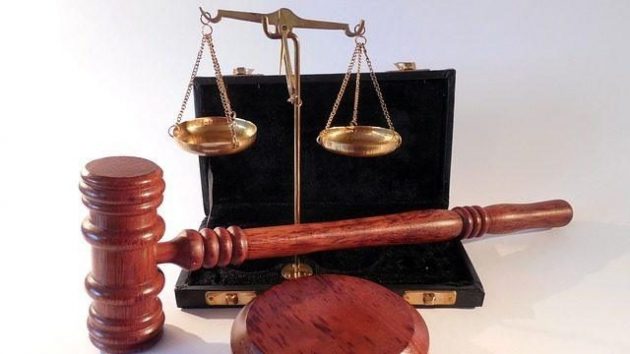More trafficking prosecutions are needed in the U.S. Statistics show that the U.S. had a 61% increase in human trafficking convictions in 2015, yet still falls behind in its efforts to investigate and prosecute the criminals…
The United States regularly ranks at Tier 1, the designation for countries that fully comply with the requirements and principles contained in the Trafficking Victims Protection Act, the primary federal law addressing human trafficking in the United States. Yet the U.S. law enforcement statistics reveal that despite a 61 percent increase in convictions for human trafficking crimes generally in 2015, the United States continues to lag in its efforts to investigate and prosecute labor trafficking cases.
Only 4% of trafficking prosecutions and 2% of convictions involved labor trafficking. Compared that to 9% of prosecutions and 15% in 2014. The number of labor trafficking cases has decreased since 2009, but they make up 49 percent of federal prosecutions. The year 2015 saw the lowest percentages of labor trafficking prosecutions and convictions since the passing of the Trafficking Victims Protection Act in 2000.
Labor trafficking victims constitute 68% of the estimated 20.9 million trafficking victims worldwide.
It can happen in any industry, and in any country in the world. However, the TIP report states that of the 6,609 trafficking-related convictions worldwide in 2015, only 7 percent (456) were labor trafficking cases. This is in part because labor trafficking cases require more resources—they generally take longer to investigate, require more coordination between government agencies, and require unique expertise.
Labor trafficking is sometimes more difficult to identify than sex trafficking cases. Forced labor can involve domestic service, agricultural work, and construction jobs. Victims are isolated from most public contact. Prosecutors usually have greater caseloads and not enough time.
Five years ago, the Department of Justice (DOJ) launched its Human Trafficking Enhanced Enforcement Initiative, a joint effort with the Department of Homeland Security (DHS) and the Department of Labor (DOL). As part of that effort, the DOJ, DHS, and DOL created specialized Anti-Trafficking Coordination Teams. These are called ACTeams and they are in six districts around the country. These ACTeams accounted for a 119% increase in cases filed from 2012-2013.







Freedom United is interested in hearing from our community and welcomes relevant, informed comments, advice, and insights that advance the conversation around our campaigns and advocacy. We value inclusivity and respect within our community. To be approved, your comments should be civil.